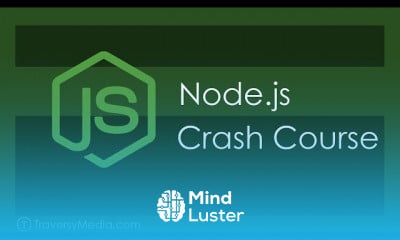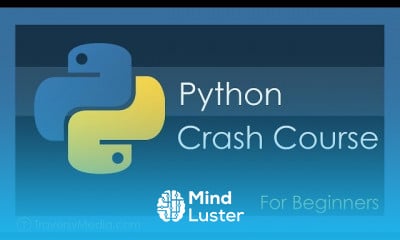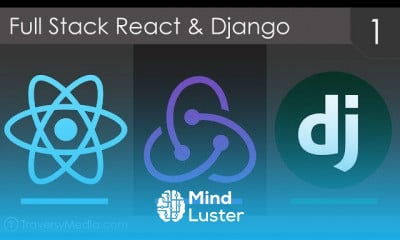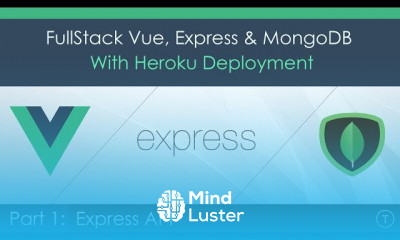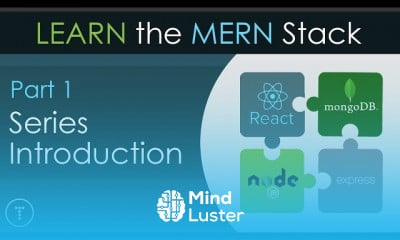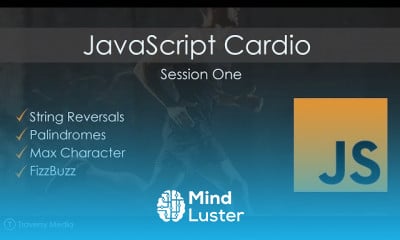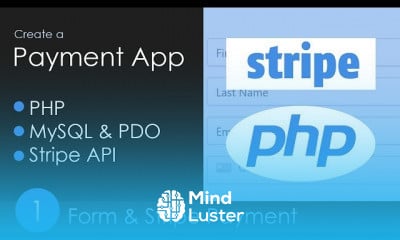JDBC API java sql package interfaces and classes Web Technologies Advanced Java
Share your inquiries now with community members
Click Here
Sign up Now
Lesson extensions
Lessons List | 12
Lesson
Comments
Related Courses in Programming
Course Description
Statements types in JDBC course,
in this course we will learn about the Statements types in JDBC, which are crucial for interacting with databases in Java applications. JDBC (Java Database Connectivity) provides three main types of statements: Statement, PreparedStatement, and CallableStatement. Each type serves a specific purpose and is suited for different scenarios.
Statement: This is used for executing simple SQL queries without parameters. It's ideal for executing static queries, such as retrieving data or performing basic database operations. We'll cover how to create and use a Statement object to execute SQL commands and process the results.
PreparedStatement: This type is used for executing parameterized SQL queries. PreparedStatements are precompiled, which improves performance and security by preventing SQL injection attacks. We'll explore how to set parameters dynamically, execute queries, and handle the results efficiently. PreparedStatements are particularly useful for repeated execution of SQL statements with varying parameters.
CallableStatement: This is used to execute stored procedures in the database. Stored procedures can encapsulate complex logic and return multiple results, making them powerful tools for database interactions. We'll learn how to call stored procedures, pass parameters, and handle the returned results.
Trends
MS Excel
Learning English Speaking
WiFi hacking
Ethical Hacking
Adobe illustrator tools for designers
Python programming language
Excel Course Basic to Advanced
Mobile Apps from Scratch
Complete WIFI Hacking Course Beginner to Advanced
Python in Hindi
Logo Programming for beginners
Ethical Hacking
Graphic design rules for beginners
Cybersecurity
Accounting Finance course
Embedded Systems ES
Downloading and installing tux paint for kids
Web Design for Beginners
Building graphic design portfolio from scratch
Generative AI Tutorial For Beginners
Recent
Adobe illustrator tools for designers
Graphic design rules for beginners
Isometric design in illustrator for beginners
Psychology in graphic design for beginners
Test graphic design skills for beginners
Plugins for adobe Illustrator designers
Logo design tools in illustrator for beginners
Illustrator keyboard shortcuts for beginners
Building graphic design portfolio from scratch
Audacity download and installation for beginners
Downloading and installing tux paint for kids
Building a race game in scratch for beginners
Sharing links in edmodo for beginners
Google sheets dynamic chart techniques
Building a CV website from scratch
Designing logos in google drawings for beginners
Converting PDF to google docs for beginners
Google slides text masking essentials
Inserting images in microsoft word for beginners
Hosting images on google drive for beginners















